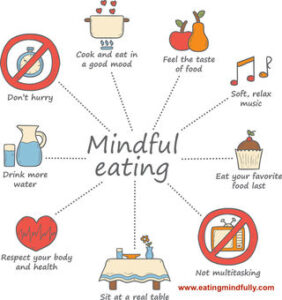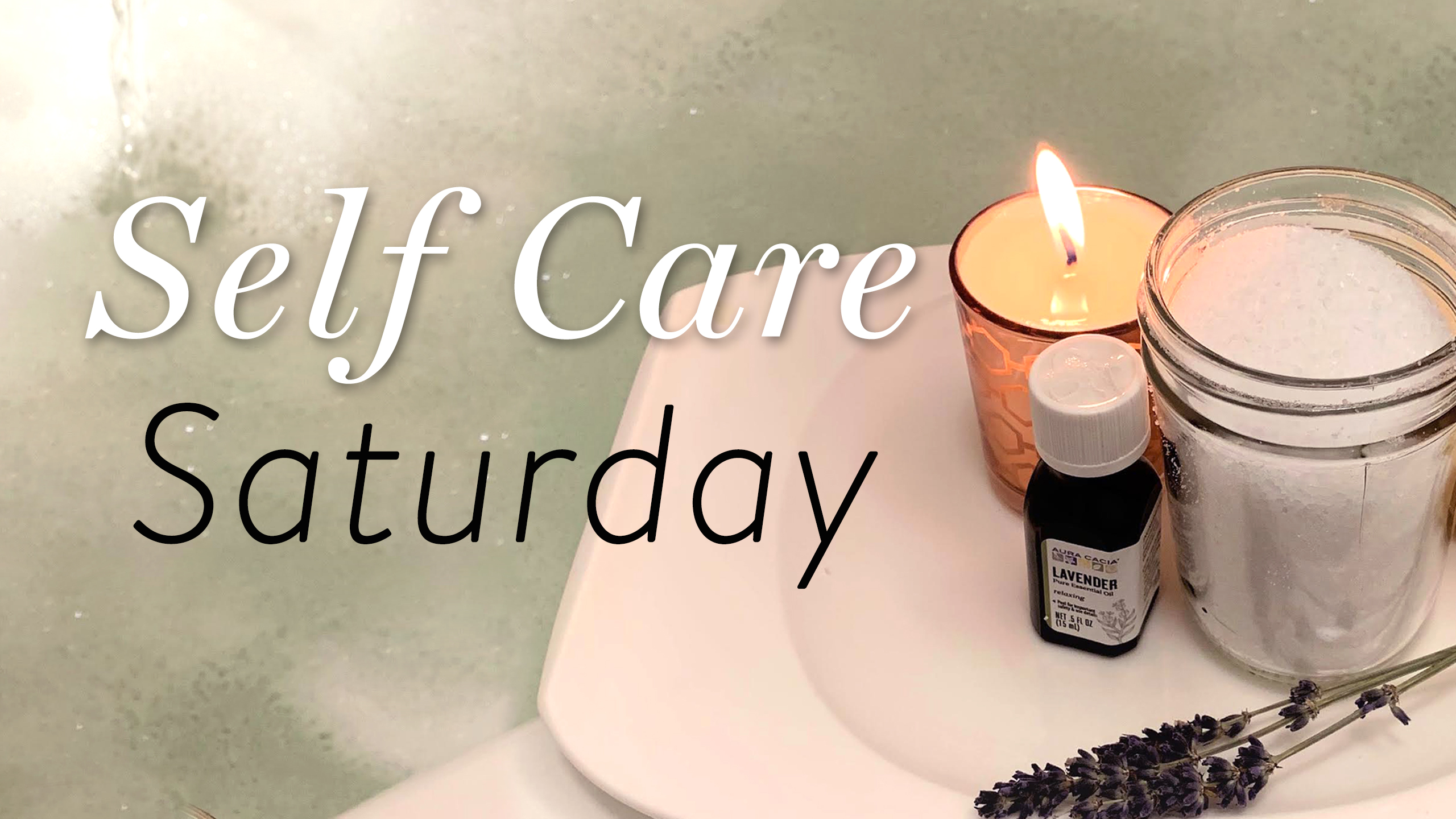Understanding the concept of mindfulness
Mindfulness is the practice of intentionally focusing on the present moment and accepting it without judgment. It involves paying attention to your thoughts, feelings, and sensations, and being fully engaged in whatever you are doing. This concept has roots in Buddhism, but it has gained popularity in the Western world as a way to reduce stress and improve overall well-being.
Many people mistakenly believe that mindfulness means clearing the mind of all thoughts. In reality, it is about acknowledging and observing your thoughts without getting caught up in them. It’s about being fully present in the here and now, rather than dwelling on the past or worrying about the future.
Practicing mindfulness can have a wide range of benefits, including reduced stress, improved focus, better emotional regulation, and enhanced relationships. It can also help with mental health conditions such as anxiety and depression.
Understanding the concept of mindfulness is the first step to incorporating it into your daily routine and reaping its many benefits. It is not about achieving a specific goal or reaching a particular state of mind; rather, it is a continuous practice of being present and accepting of whatever arises.
Benefits of incorporating mindfulness into your daily routine
Mindfulness is the practice of being fully present and engaged in the moment, without judgment. It is a powerful tool that can have numerous benefits when incorporated into your daily routine.
One of the key benefits of mindfulness is its ability to reduce stress and anxiety. By focusing on the present moment, you can quiet the constant chatter of your mind and experience a sense of calm and relaxation. This can help to lower your overall stress levels and improve your mental well-being.
Incorporating mindfulness into your daily routine can also improve your focus and concentration. By training your mind to stay present, you can enhance your ability to concentrate on tasks and make better decisions. This can lead to increased productivity and efficiency in your daily activities.
Another benefit of mindfulness is its ability to improve your overall physical health. Through practices such as mindful breathing and meditation, you can lower your blood pressure, improve your immune function, and even reduce inflammation in the body. This can lead to a stronger and healthier body, as well as a reduced risk of chronic illness.

How to start practicing mindfulness
Practicing mindfulness can seem daunting at first, but it’s actually quite simple to incorporate into your daily routine. The first step to start practicing mindfulness is to make a conscious effort to be present in the moment. This means paying attention to your thoughts, feelings, and surroundings without judgment.
One way to start is by incorporating mindfulness into simple daily activities such as breathing exercises. Taking a few minutes each day to focus on your breath can help calm the mind and bring awareness to the present moment. You can also start a mindfulness journal to jot down your thoughts and feelings, which can help you become more aware of your emotions and thought patterns.
Another way to begin practicing mindfulness is through meditation. Set aside a few minutes each day to sit quietly and focus on your breath or a mantra. This can help train your mind to stay focused and present, reducing stress and increasing overall well-being.
Ultimately, starting to practice mindfulness is about making a commitment to bring awareness and presence into your daily life. It may take time and effort, but the benefits of a more mindful and present life are well worth it.
Incorporating mindfulness into your morning routine
When it comes to starting your day off on the right foot, incorporating mindfulness into your morning routine can make all the difference. Instead of reaching for your phone as soon as you wake up, take a few moments to focus on your breath and set a positive intention for the day. This simple practice can help you feel more grounded and present as you begin your day.
Another way to incorporate mindfulness into your morning routine is to practice gratitude. Take a moment to think about all the things you are grateful for, whether it’s your health, your family, or simply the fact that you have a roof over your head. This can help shift your mindset from one of lack to one of abundance, setting the tone for a more positive and mindful day ahead.
Consider adding a few mindful movements to your morning routine, such as gentle stretching or yoga. This can help you connect with your body and bring awareness to your physical sensations, helping you to start the day with a greater sense of presence and calm.
Finally, try to carry the principles of mindfulness with you as you go about your morning activities, whether it’s sipping your morning coffee or getting dressed for the day. Pay attention to the sensations, thoughts, and emotions that arise as you go about your routine, and try to bring a sense of curiosity and non-judgment to the experience.

Mindful eating: Bringing awareness to your meals
Have you ever found yourself mindlessly eating a bag of chips in front of the TV, only to realize that you’ve finished the entire bag without even tasting it? In today’s fast-paced world, it’s easy to fall into the habit of eating without paying attention to what, why, and how we are consuming food. However, incorporating mindful eating into your daily routine can have numerous benefits for your physical and mental well-being.
When you practice mindful eating, you bring awareness to your meals by engaging all of your senses. You pay attention to the colors, textures, flavors, and aromas of the food on your plate. You also become more aware of your body’s hunger and fullness cues, which can prevent overeating and promote healthier eating habits.
One way to start practicing mindful eating is to set aside dedicated time for your meals, free from distractions such as smartphones or computers. Create a calming environment by setting the table with care, and take a moment to express gratitude for the food in front of you. As you eat, chew slowly and savor each bite, paying attention to the taste and texture of the food.
Bringing awareness to your meals through mindful eating can lead to a greater appreciation for the nourishment and pleasure that food provides. It can also help you develop a healthier relationship with food, free from guilt or shame. So, next time you sit down for a meal, try incorporating mindfulness into your eating routine and see how it can transform your overall dining experience.
You can also read our article about winter vegetables.
Mindfulness exercises for reducing stress and anxiety
One of the most effective ways to reduce stress and anxiety is through mindfulness exercises. Taking the time to bring awareness to the present moment can help calm the mind and alleviate feelings of overwhelm. One powerful exercise is deep breathing, where you focus on your breath as it enters and leaves your body. This simple practice helps to bring your attention back to the present and reduce racing thoughts.
Another helpful exercise is body scan meditation, where you systematically bring awareness to each part of your body, noticing any tension or discomfort and allowing it to release. This practice can help to soothe both the body and the mind, promoting relaxation and reducing stress.
Engaging in mindful movement, such as yoga or tai chi, can also be beneficial for reducing stress and anxiety. These practices combine physical movement with breath awareness, helping to ground the mind and release pent-up tension in the body.
Incorporating gratitude practices into your daily routine can also help to reduce stress and anxiety. Taking the time to focus on the things you are grateful for can shift your perspective and bring a sense of calm to the mind, reducing the impact of stressors on your mental and emotional well-being.
Bringing mindfulness into your evening routine
As the day winds down and you prepare for bed, it’s important to incorporate mindfulness into your evening routine. This can help you relax, unwind, and prepare for a restful night’s sleep.
One way to bring mindfulness into your evening routine is to engage in a calming activity such as meditation or deep breathing exercises. This can help to quiet the mind and release any stress or tension built up throughout the day.
Another way to practice mindfulness in the evening is to reflect on the events of the day with a gratitude journal. Taking time to acknowledge and appreciate the positive moments can help shift your mindset and promote a sense of calm.
Lastly, before bed, you can incorporate mindfulness into your evening routine by disconnecting from technology and engaging in a soothing bedtime ritual, such as reading a book or taking a warm bath. This can help signal to your body that it’s time to unwind and prepare for sleep.












2 thoughts on “Incorporating Mindfulness into Daily Routine for a Healthier Lifestyle”